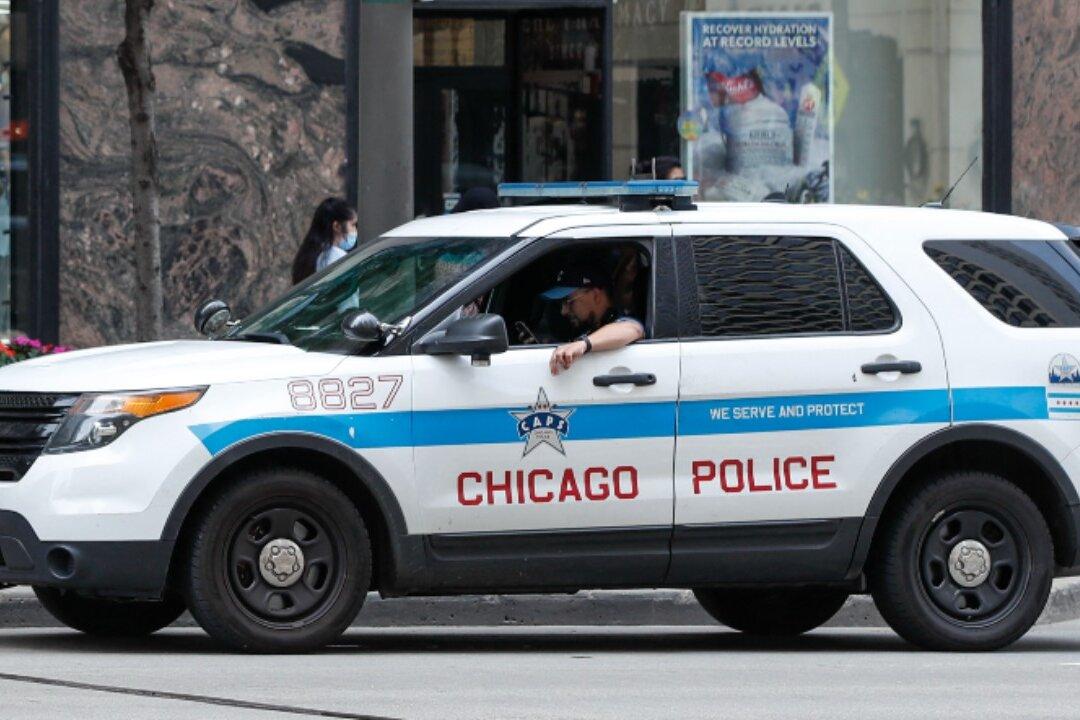Bail reform has become a hot-button issue in Chicago. Pre-trial detention can take a toll on poor detainees, often minorities, who are unable to post bond and can lose jobs and housing. Lengthy pretrial detentions, especially when detainees are found innocent, have driven the bail reform movement which aims to end what is called “wealth-based detention.” Illinois became the first state to end cash bail in early 2021 but the full measures have not gone into effect yet.
In 2020, Cook County Chief Judge Timothy Evans released a report indicating no increase in violent crime after monetary bail for many pretrial defendants was reduced or eliminated, but the Chicago Tribune questioned the data. More than 2,334 felony defendants were excluded from the data set, reported the Tribune, including a detainee released on a no-cash bond after a felony gun charge who allegedly went on to shoot and kill a city Streets and Sanitation worker.





